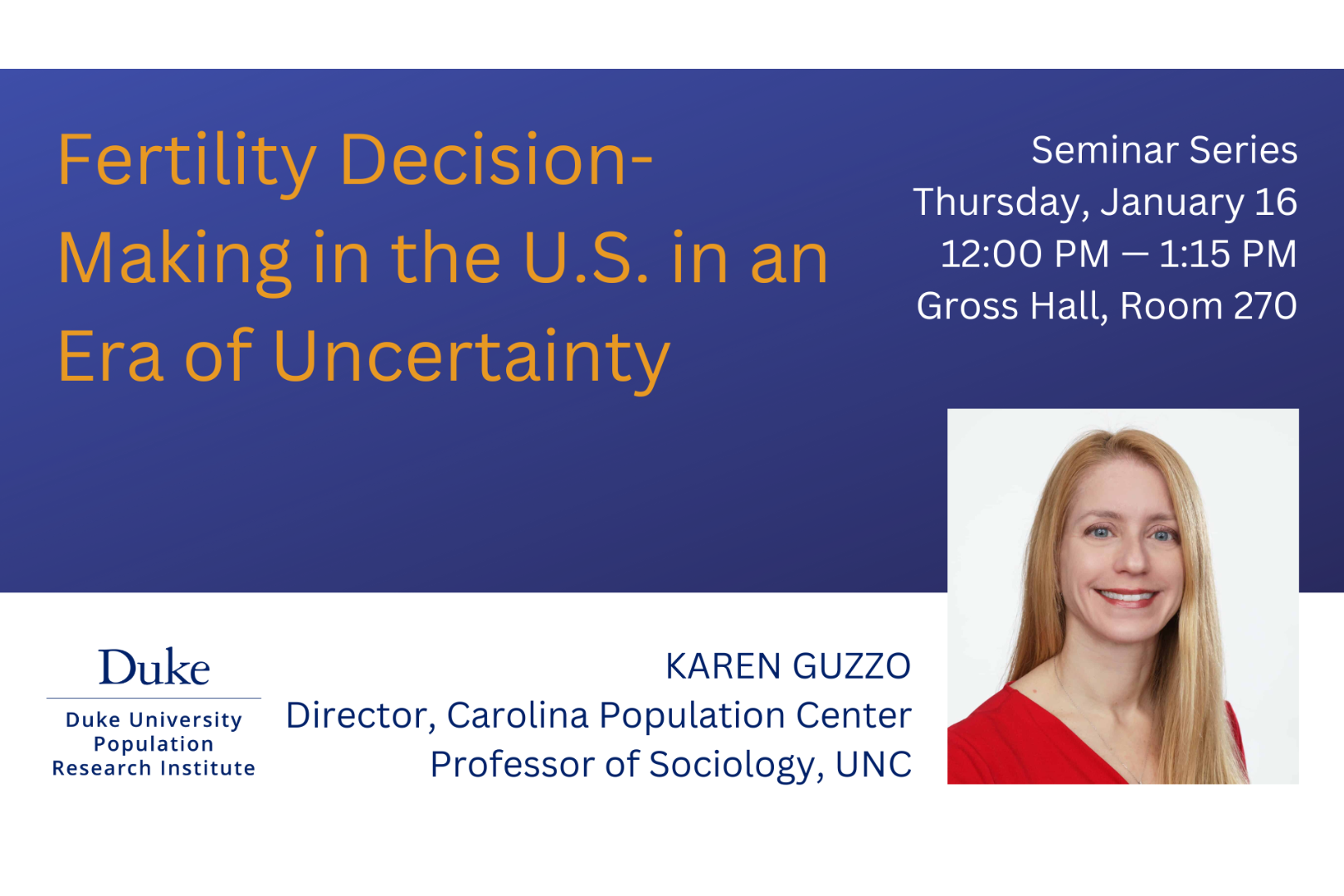Fertility Decision-Making in the U.S. in an Era of Uncertainty

In the years since the Great Recession, considerable attention has been paid to declining fertility rates in the U.S. and elsewhere, with additional concern over the impact of the pandemic on childbearing behavior. It remains unclear whether changes in fertility behavior reflect changes in fertility goals, rising inability to accomplish goals, or some combination. Drawing from multiple theories, I investigate how well-being, broadly defined, factors into fertility goals (an umbrella term that includes, but is not limited to, childbearing desires and intentions) in an era of growing uncertainty. These indicators capture domains often ignored in prior research or that tap into perceptions and subjective evaluations of well-being, distinct from standard objective measures of sociodemographic and economic characteristics. All other things equal, we would expect that people who do not feel confident about their lives and futures in various domains, regardless of their objective statuses, will be unlikely to have strong and positive fertility goals. I provide an overview of several in-progress projects using different U.S. datasets that test this basic assertion.







